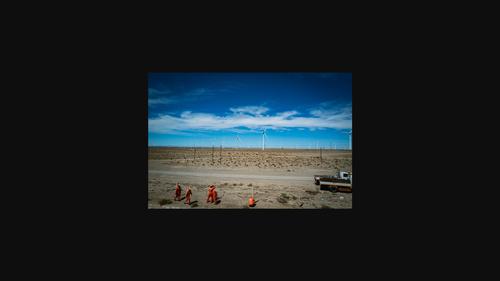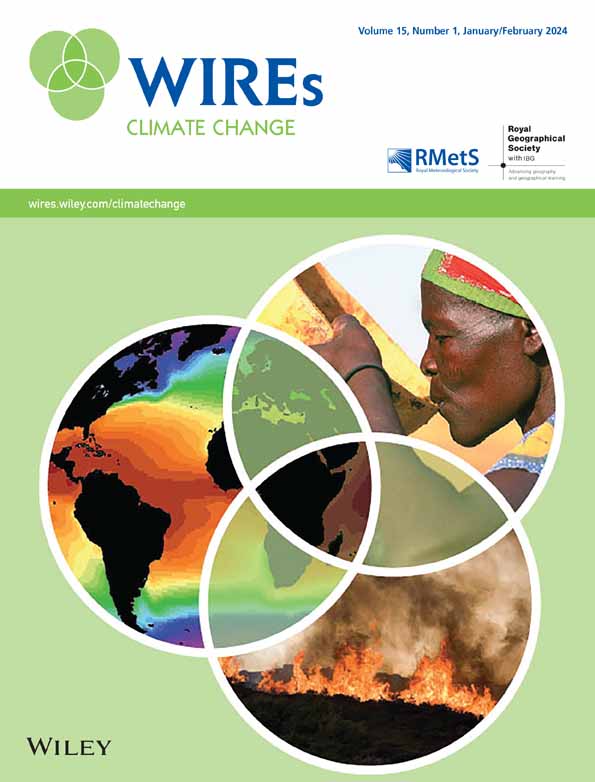中美竞争与气候合作的未来
IF 10.3
1区 环境科学与生态学
Q1 ENVIRONMENTAL STUDIES
引用次数: 0
摘要
气候变化通常被认为是一个只有合作才能解决的问题。但世界上最大的两个排放国美国和中国之间日益加剧的紧张关系,要求学者们对气候变化、地缘政治和国际关系如何交叉做出新的理解。需要更好地了解竞争可能如何影响各个国家的气候行动,并更严格地评估竞争是否有益而非有害。本文章由计算机程序翻译,如有差异,请以英文原文为准。

Sino‐American competition and the future of climate cooperation
Climate change is often thought of as an issue that only cooperation can address. But growing tensions between the world's two largest emitters, the United States and China, demand that scholars contribute to a new understanding of how climate change, geopolitics, and international relations intersect. A better understanding of how competition might affect climate action by individual states, and more rigorous assessment of whether it might be helpful rather than harmful, is needed.
求助全文
通过发布文献求助,成功后即可免费获取论文全文。
去求助
来源期刊

Wiley Interdisciplinary Reviews: Climate Change
METEOROLOGY & ATMOSPHERIC SCIENCES-
CiteScore
20.00
自引率
2.20%
发文量
58
审稿时长
>12 weeks
期刊介绍:
WIREs Climate Change serves as a distinctive platform for delving into current and emerging knowledge across various disciplines contributing to the understanding of climate change. This includes environmental history, humanities, physical and life sciences, social sciences, engineering, and economics. Developed in association with the Royal Meteorological Society and the Royal Geographical Society (with IBG) in the UK, this publication acts as an encyclopedic reference for climate change scholarship and research, offering a forum to explore diverse perspectives on how climate change is comprehended, analyzed, and contested globally.
 求助内容:
求助内容: 应助结果提醒方式:
应助结果提醒方式:


